On this site you’ll find tools to make Paul’s thought usable: downloadable lectures, scripture-memorization exercises, free articles, the Greek To Me apps, and my book Paul In The Agora of Ideas. Use them together to grasp ten Pauline paradigms that, taken as a whole, seeded many convictions modern people now call “common sense”—equal dignity, liberty of conscience, mutual responsibility, just authority, mercy, servant leadership, reformed social relations, the dignity of work, and love as the highest civic motive.
1) The New Man and the Concept of the Individual. In Christ, inherited hierarchies—ethnic, gendered, economic—no longer define worth. This theological universalism becomes the moral grammar of equal personhood at the core of modern rights language.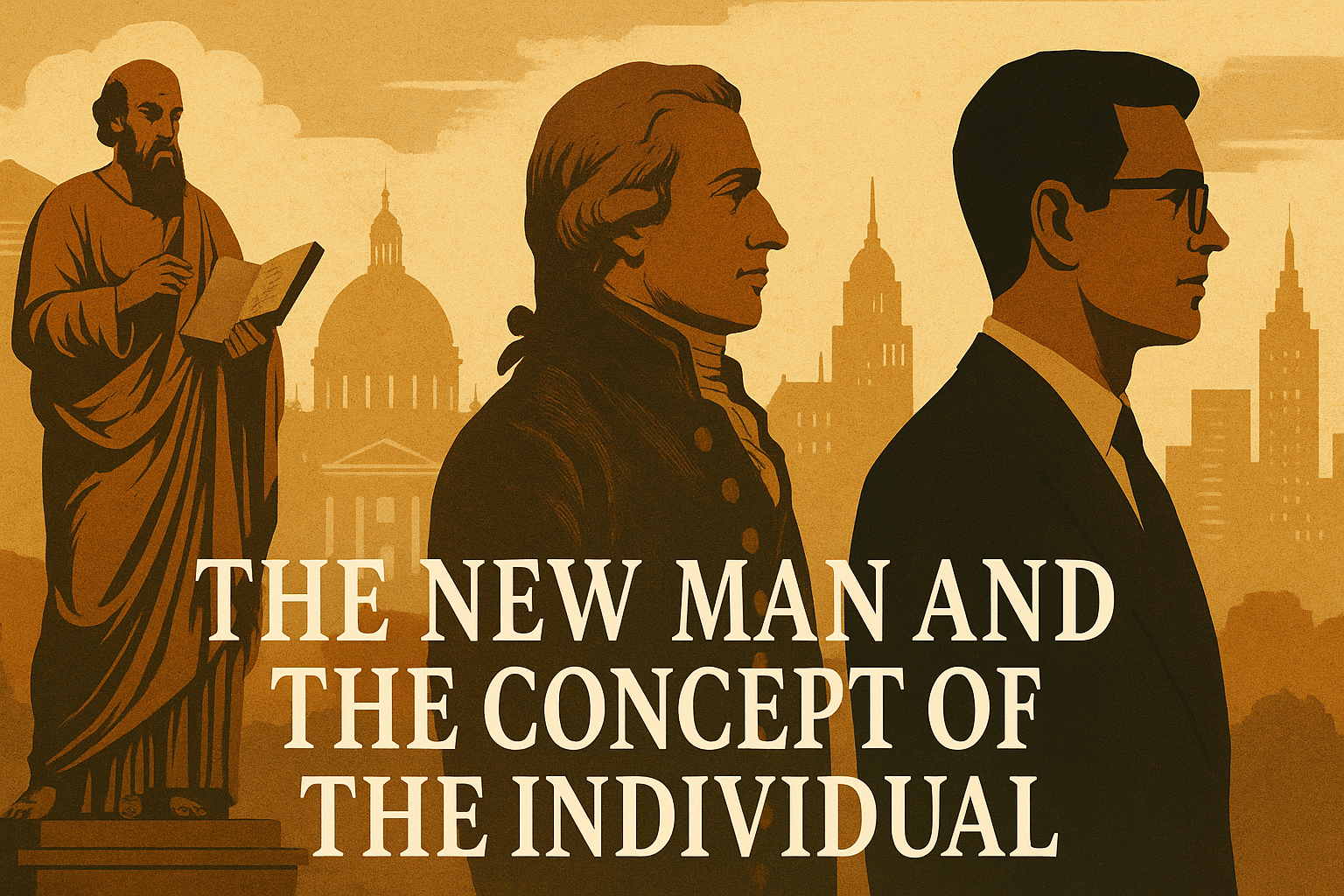
2) Freedom from the Law and the Roots of Individual Liberty. Moral agency moves from external compulsion to an inward, Spirit-formed conscience. Liberty is not license; it is responsibility ordered by love—an ancestor of modern ideas about rights with duties.
3) The Body of Christ and the Foundations of Civil Society. Community is an organism of interdependent members. No part can say to another “I have no need of you,” anticipating a civic ideal where diverse gifts build the common good.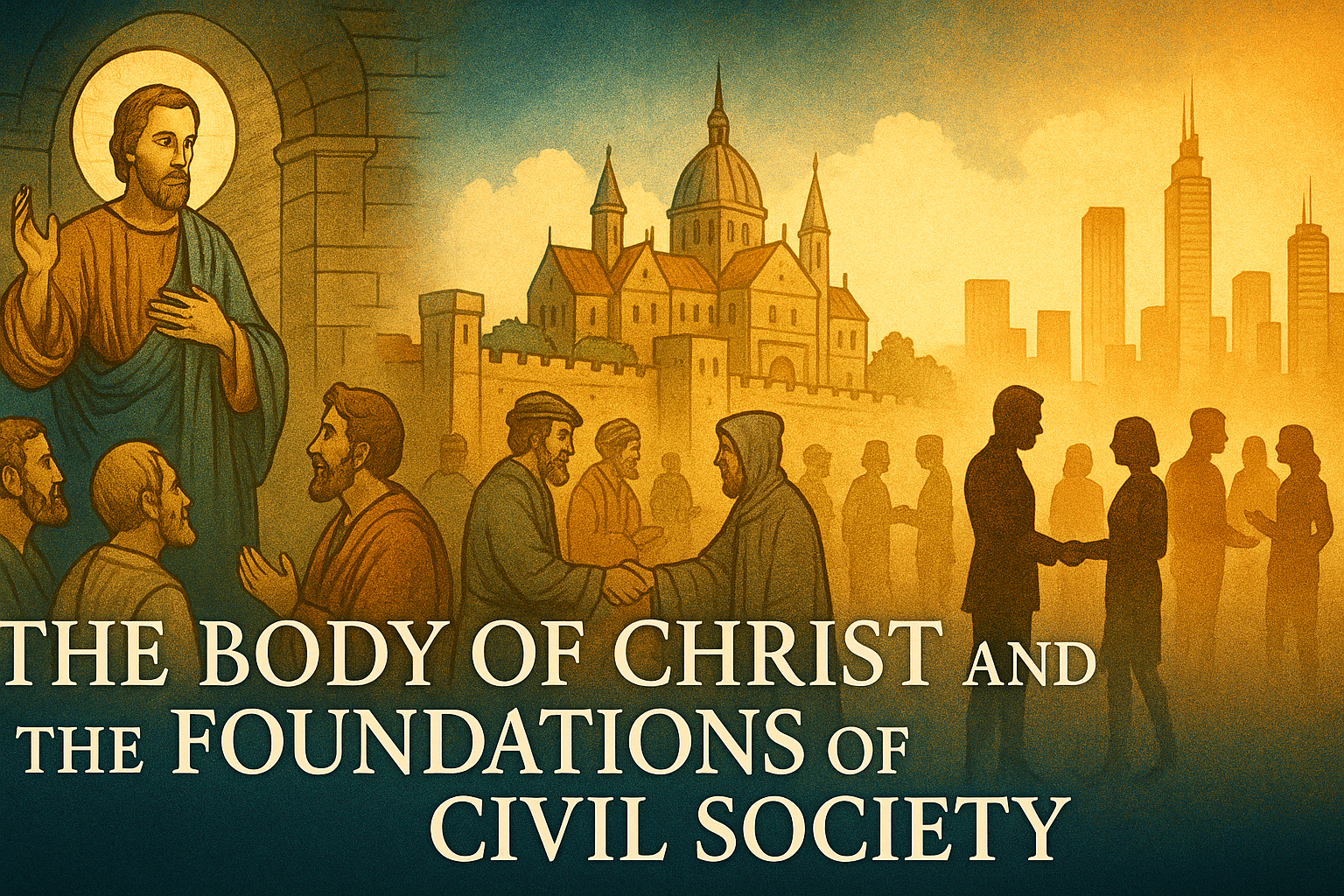
4) The Powers That Be and Legitimate Authority. Rulers are ministers for the common good—stewards, not gods. Authority is affirmed yet morally bounded, an early argument for accountability and justice under a higher law.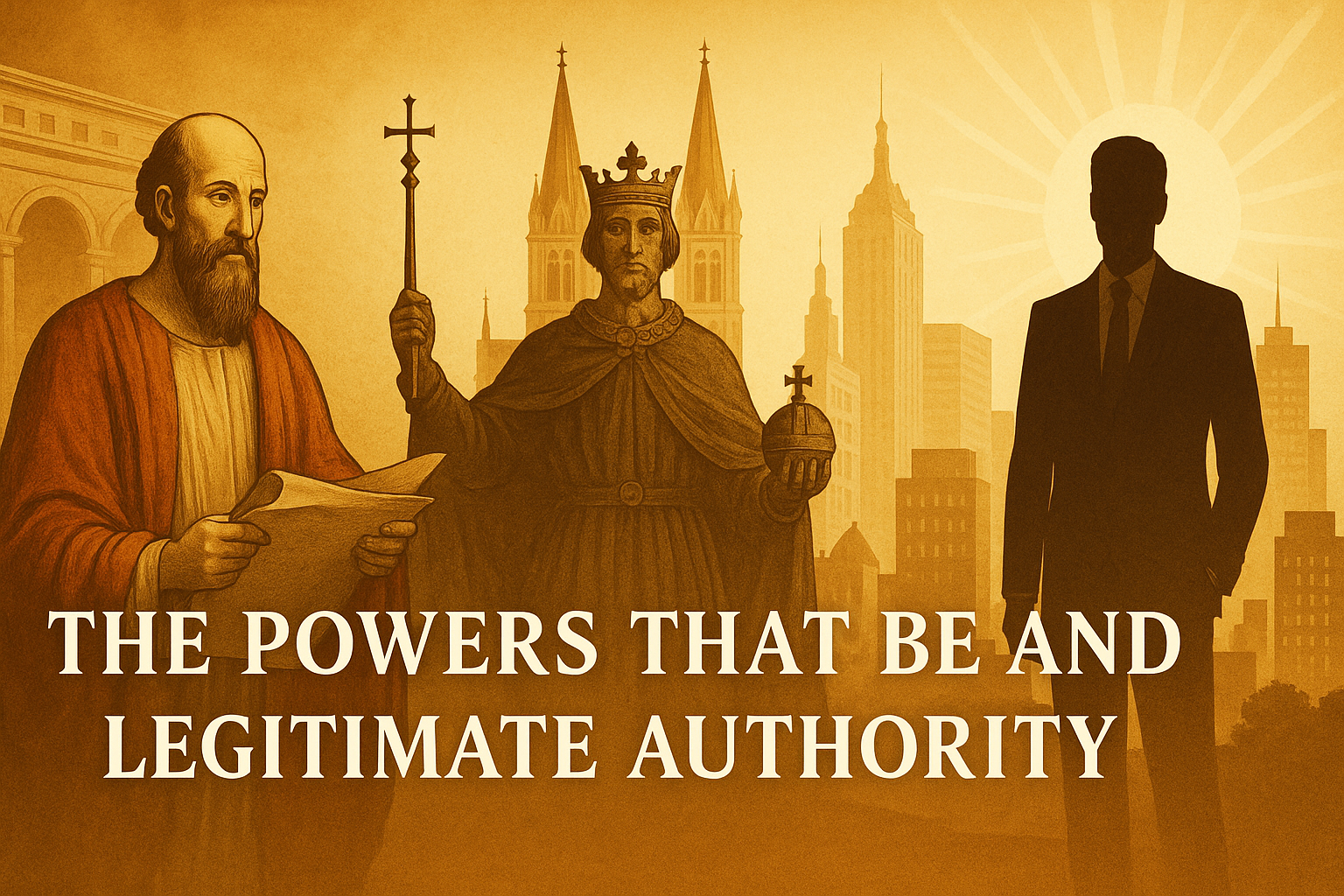
5) The Weak and the Strong: The Politics of Inclusion. The strong voluntarily limit freedom to guard the consciences of the vulnerable. Inclusion is not mere sentiment; it is love’s discipline in public life.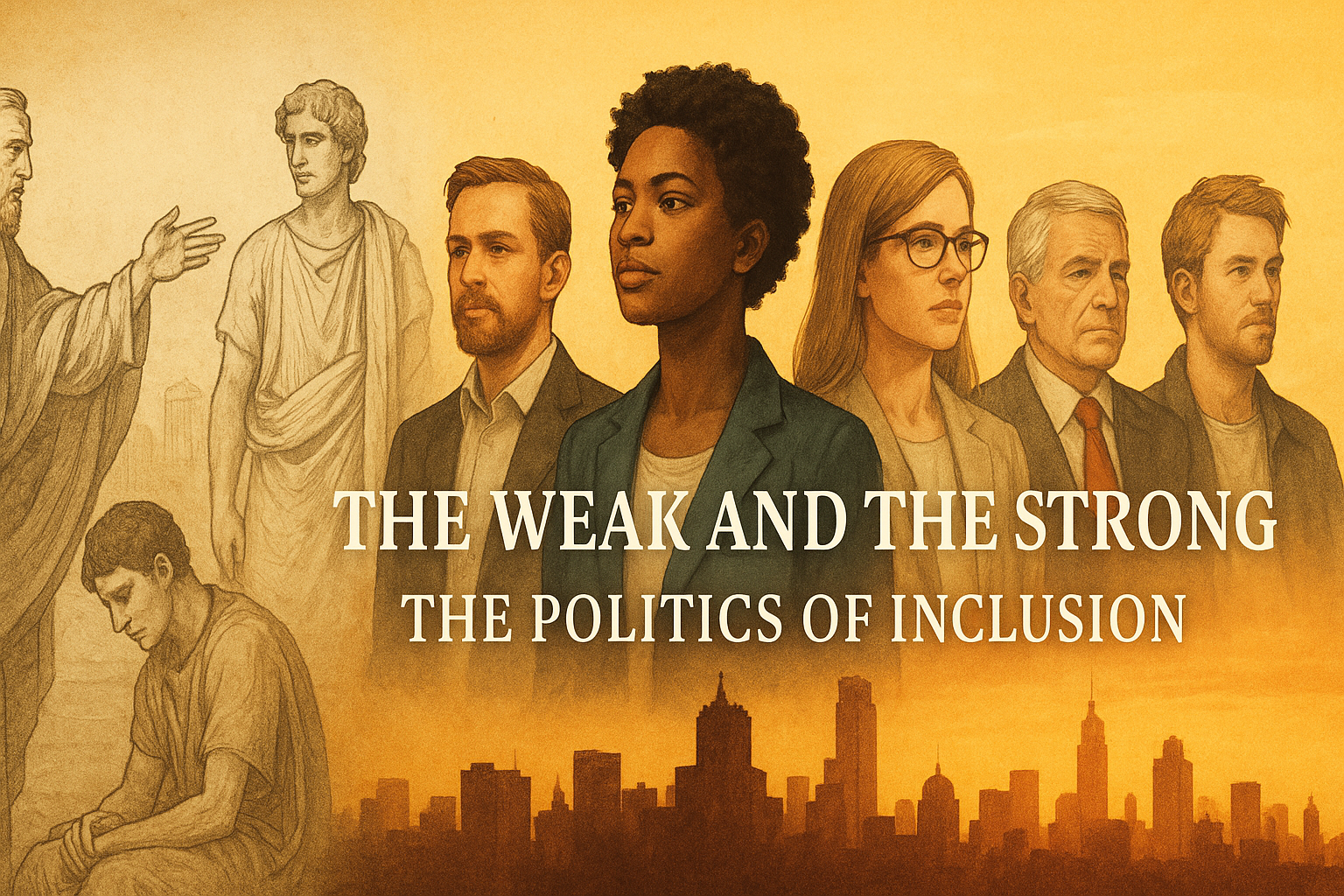
6) Justification and Unmerited Grace. If all have sinned and justification is gift, boasting collapses. Grace becomes a social ethic that prizes restoration over mere retribution—vital for modern notions of mercy and second chances.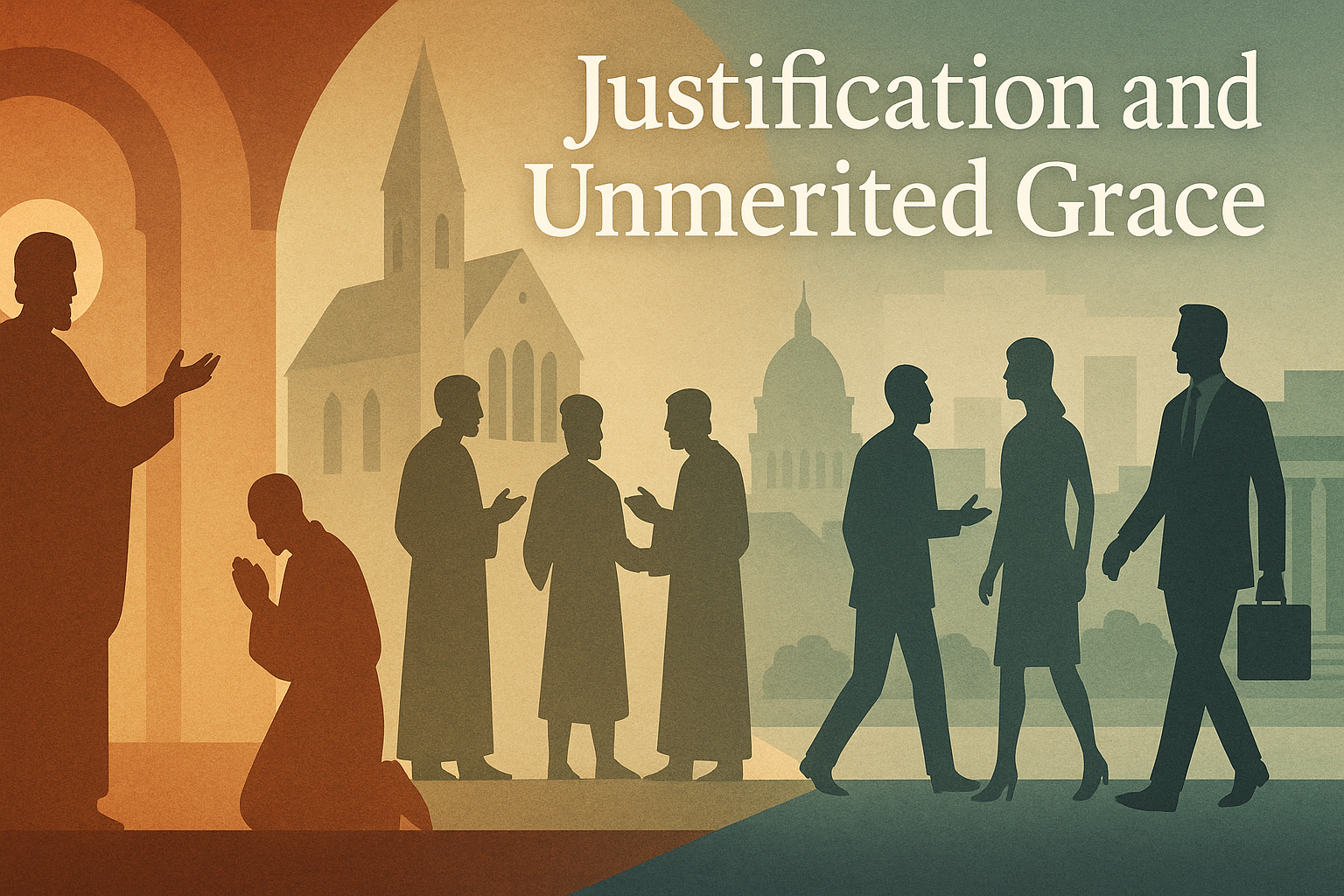
7) The Paradox of Humility: Power Through Weakness. Strength is revealed in service; honor is redefined by self-emptying. This is the root of “servant leadership,” now standard in healthy institutions.
8) Household Codes and the Reform of Hierarchy. Working within ancient structures, Paul reframes roles by mutuality, justice, and love—placing constraints on power and sowing seeds of reciprocity and dignity across domestic and social life.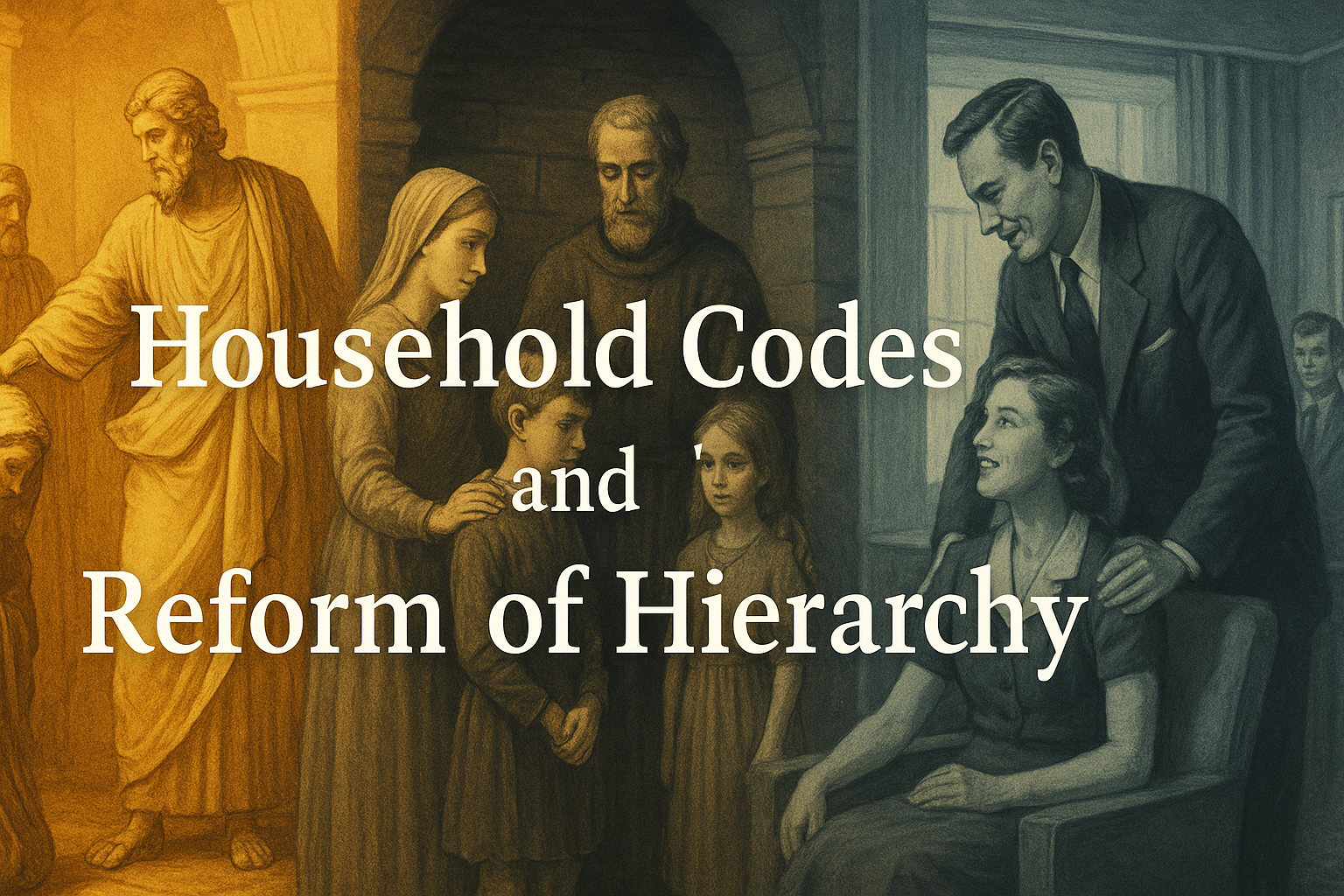
9) The Ethics of Labor and the Sanctity of Work. Whatever you do, do it “unto the Lord.” Ordinary vocation is sanctified; idleness is reproved. Here we meet the pairing of diligence with responsibility that underwrites modern work ethics.
10) Love as the Political Motive. Love fulfills the law and crowns the whole system. Agape orders rights, restrains power, and animates justice—the master norm of a humane society.
To move from insight to habit, pair the free articles with the downloadable lectures, then practice daily in the scripture memorization tools (including Pauline Paradigms by Heart). Reinforce the language of each paradigm with the Greek To Me apps, and go deeper with Paul In The Agora of Ideas. These resources are designed to work together: learn the vision, lodge the words in memory, and live the ethics that have shaped the world.
